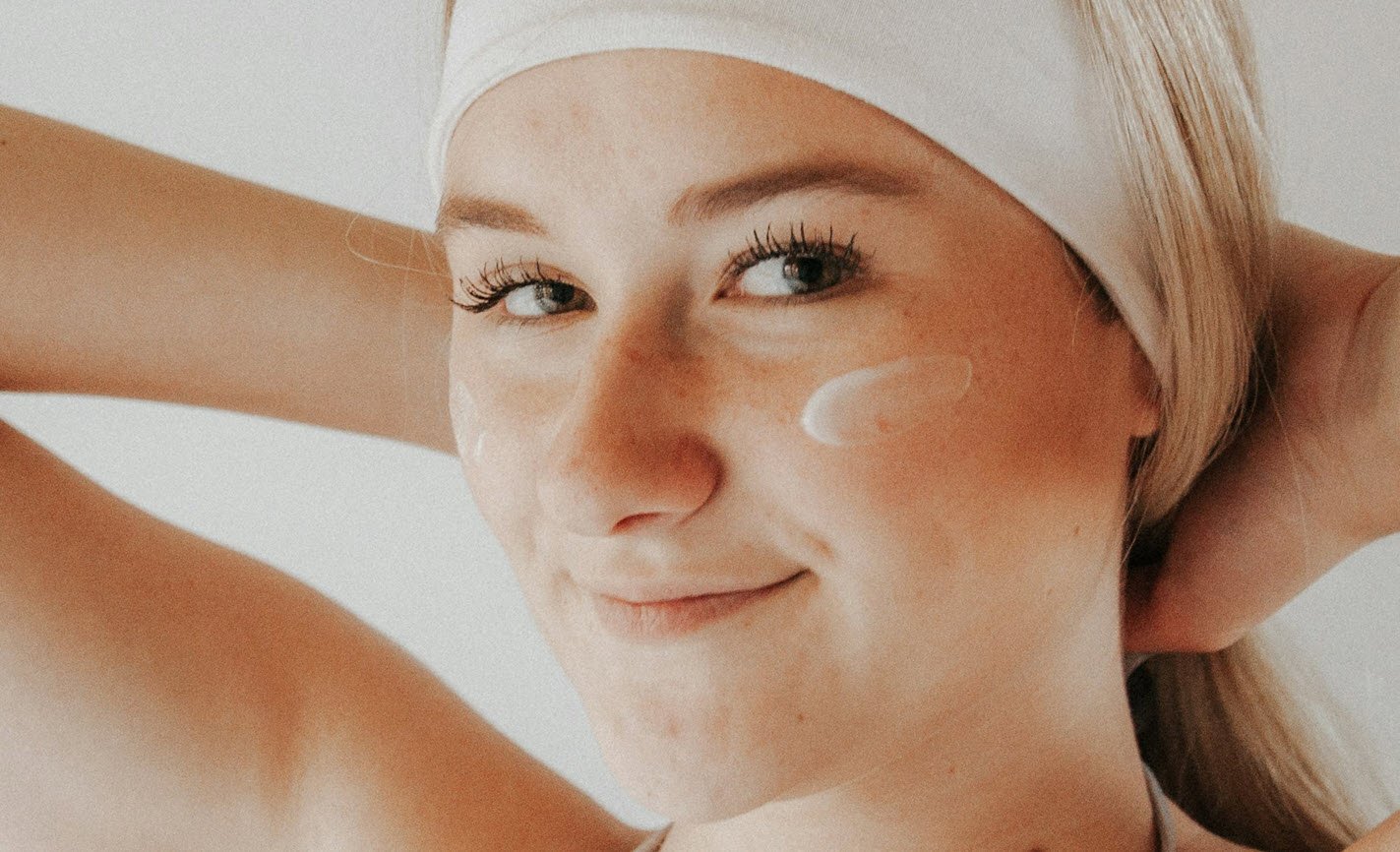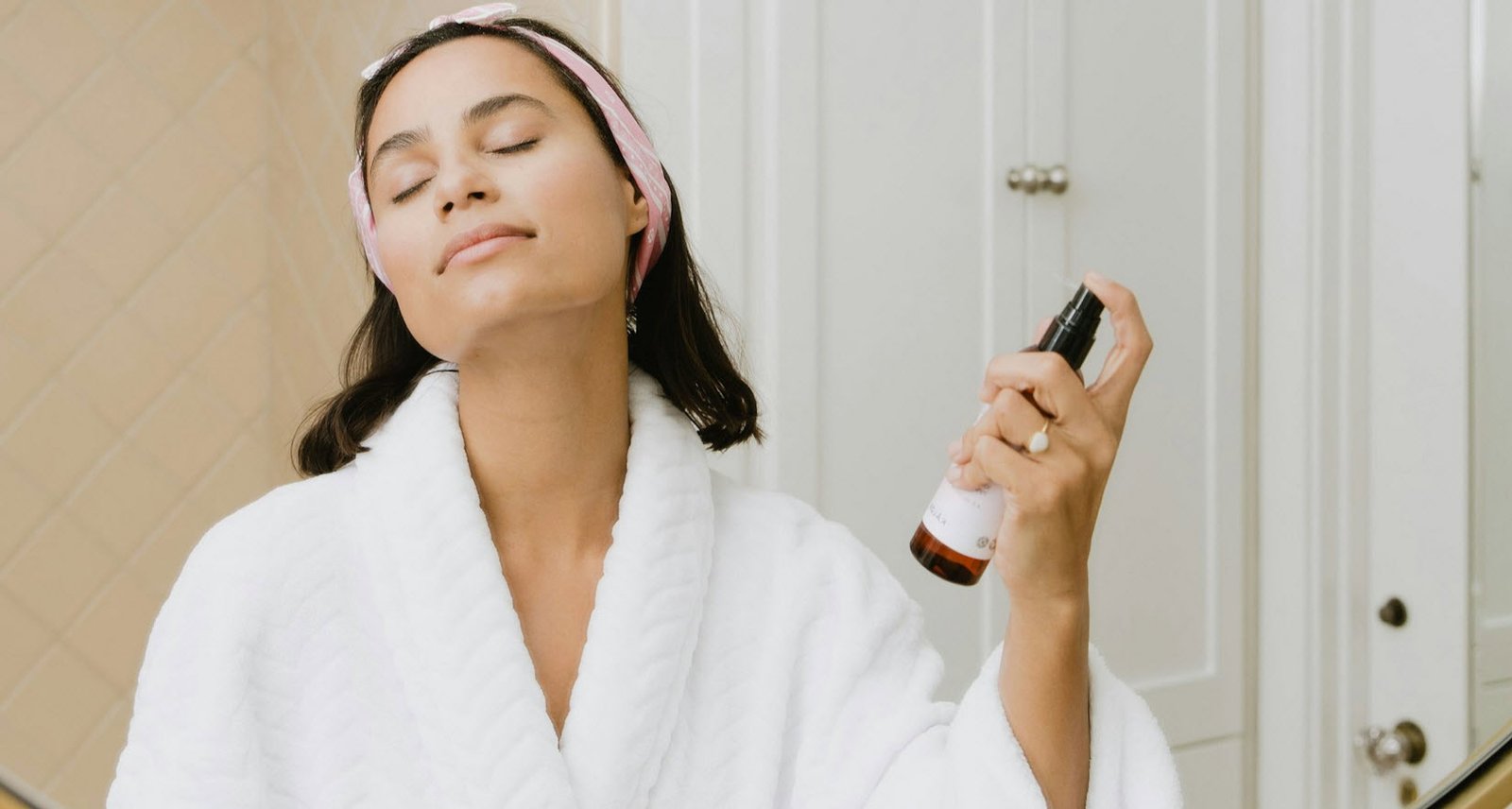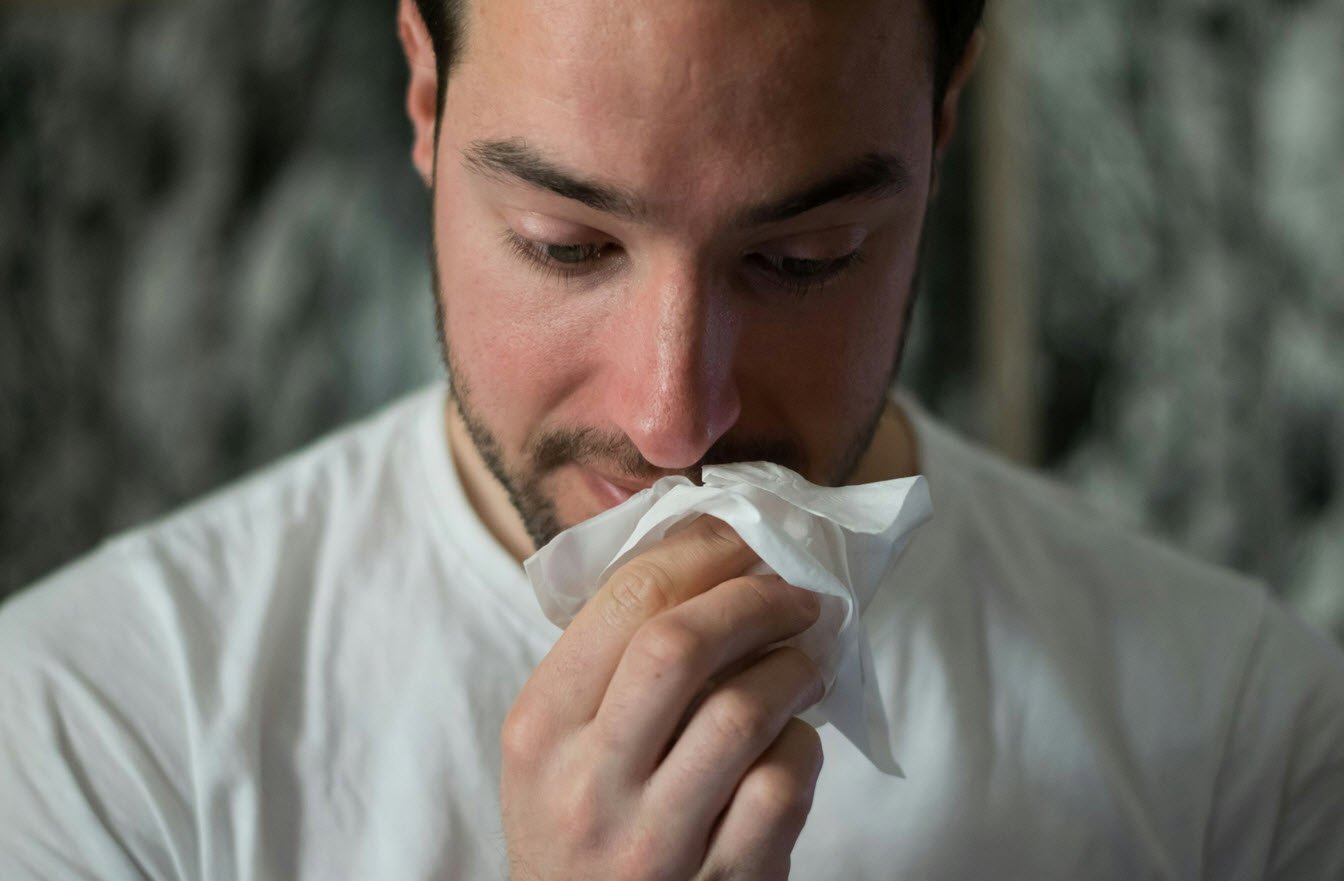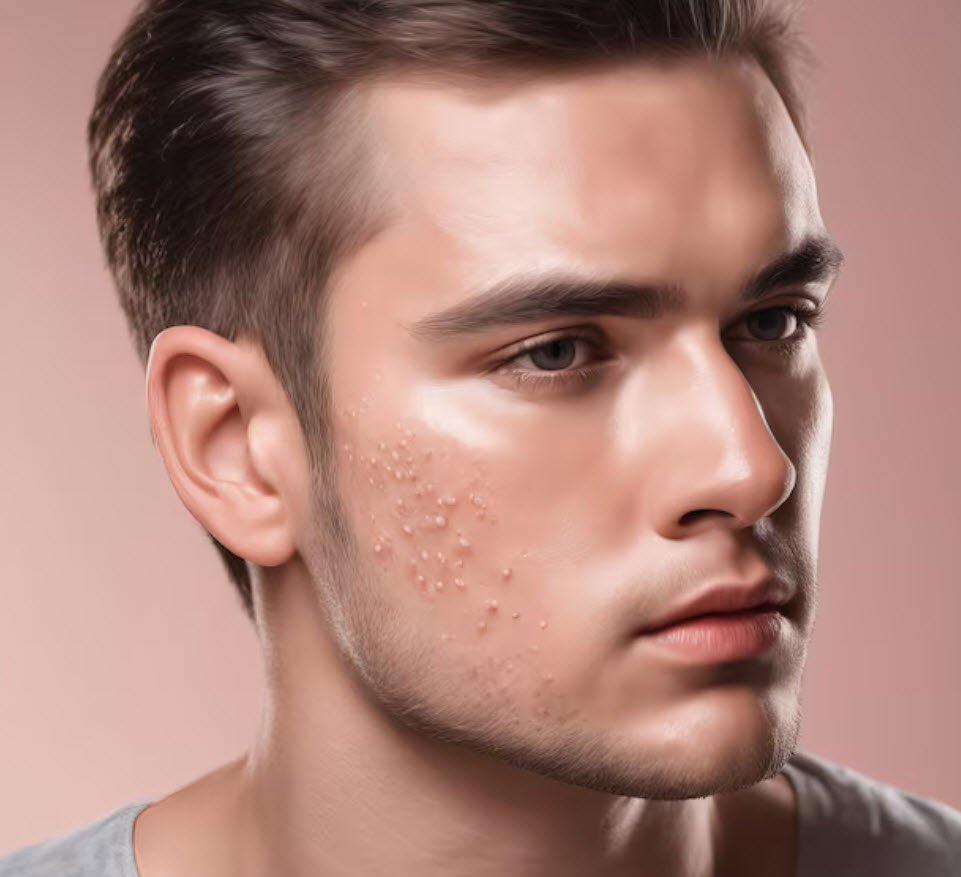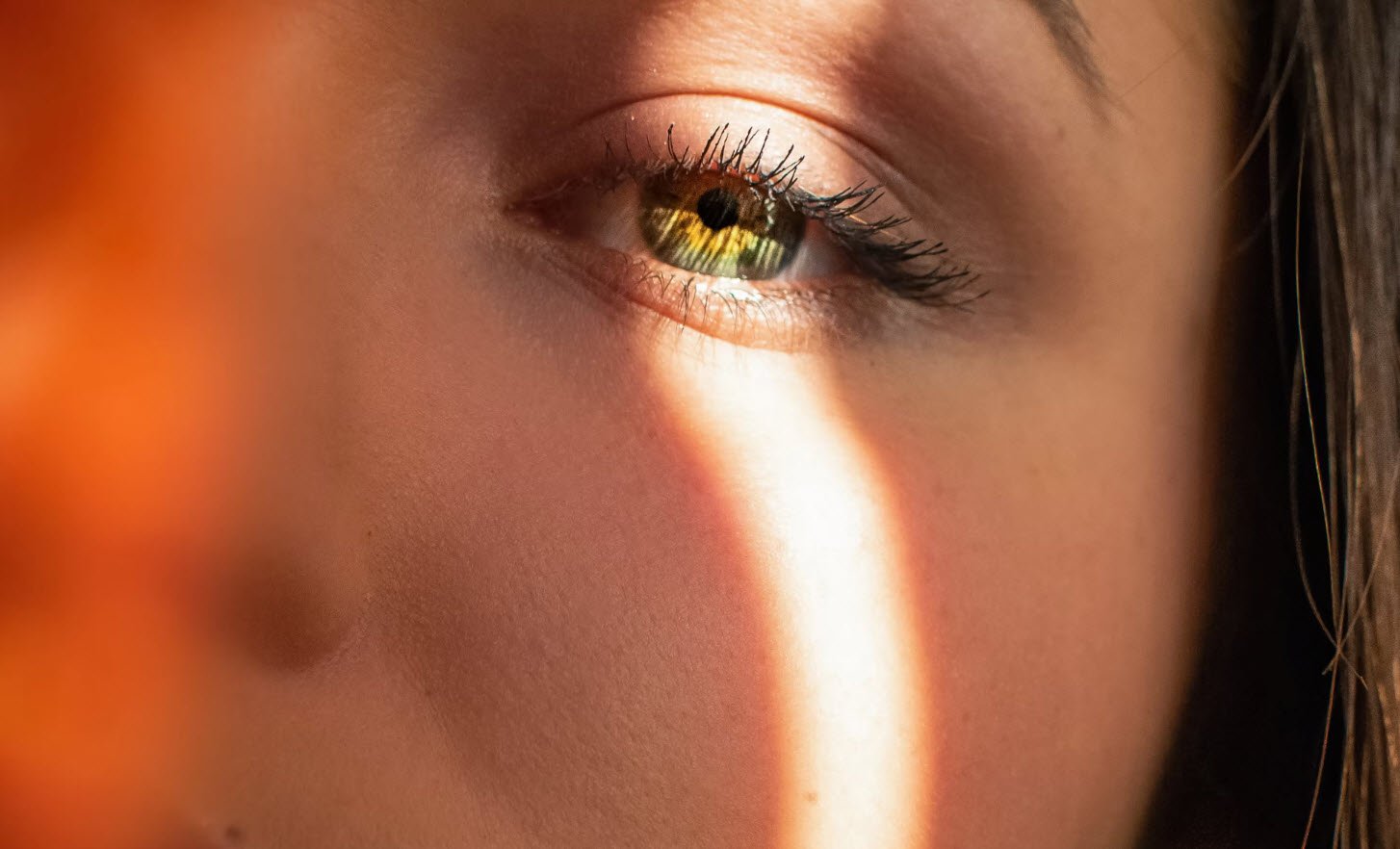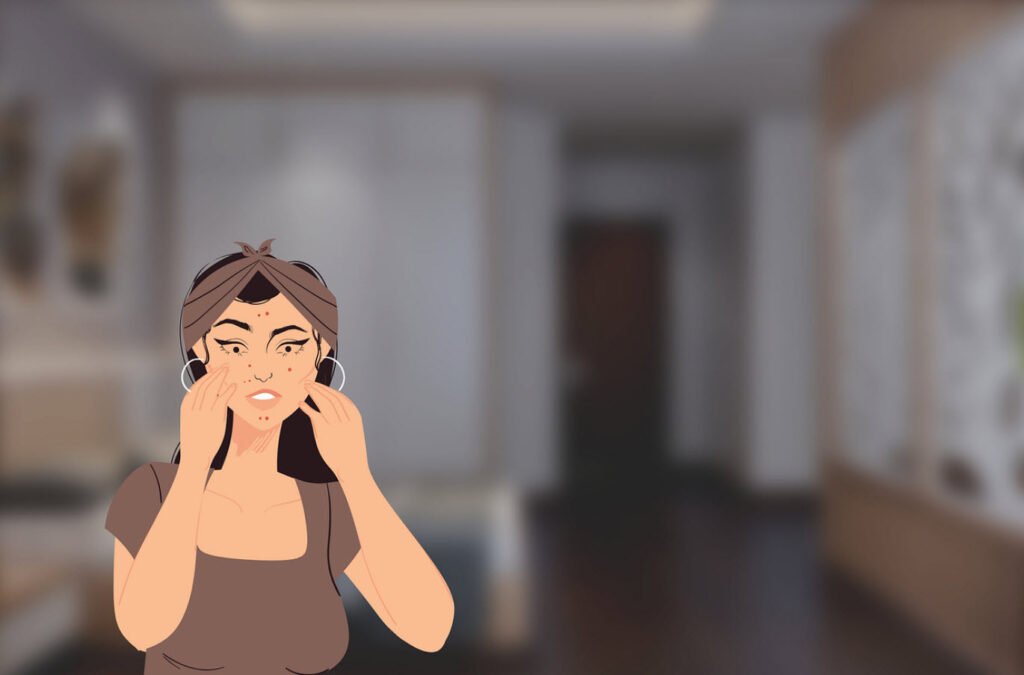
The most prevalent chronic skin condition is probably acne. It is an inflammatory disorder of the hair follicles and sebaceous (fat or grease) glands, which are typically located on the face, neck, chest, and shoulders. Between the ages of 12 and 24, acne affects about eight out of 10 young people. It has a tight connection to the hormonal imbalance that occurs throughout puberty.
Most individuals make a full recovery between the ages of 20 and 30. However, it is still widespread among men over 30. It often gets worse before each menstrual cycle and rarely lasts longer than the early thirties in women.
At an age when people tend to be sensitive about their appearance, the condition creates a lot of embarrassment. The wonderful and complicated mechanism that covers the entire body is the skin. It has three basic functions: to protect the internal organs, control body temperature, and get rid of cell and systemic waste. The functioning of the entire system is directly and intricately linked to the skin. Acne is one skin condition that results from the entire body being out of balance.
Symptoms
Scarring, pimples, small superficial sebum glands, and comedones or blackheads are the hallmarks of acne. There are more than six different types of acne. The sebaceous glands or the glands associated to the hair follicles are the subject of worry for all of them. Blackheads are the most typical acne manifestation.
The forehead, temples, cheeks, chin, chest, and back are the main areas impacted. Rarely, the body may be almost completely covered in black heads and severely scarred.
Causes
All types of acne are caused by incorrect eating habits, such as eating at odd hours, eating bad food, eating too much starch and sugar, and eating too much fatty food. Another significant contributor to acne is chronic constipation. Waste material is not evacuated as rapidly as it should be if the bowels are not functioning properly, and the bloodstream is overloaded with poisonous material.
Acne and other skin conditions are brought on by the skin’s additional efforts to remove excessive waste. Another significant factor contributing to acne is the skin’s degeneration from unclean lifestyle choices. The disorder can also be brought on by excessive consumption of tea, coffee, alcohol, or tobacco, difficult studies, masturbation, and sedentary behaviors that cause indigestion and other digestive problems.
Treatment
Application of a salve or ointment for the treatment of acne serves no useful purpose.They just momentarily stop the sebaceous glands from working. The main focus of natural medicine is on diet and specific water applications.
The patient should initially follow an all-fruit diet for roughly a week.Three meals a day, made up of fresh, juicy fruits like apples, pears, grapes, grapefruit, pineapple, and peaches, should be included in this routine.
Bananas, dried, stewed, or canned fruits, as well as citrus fruits, should not be consumed. Nothing else should be consumed besides simple water or unsweetened lemon, whether it’s hot or cold. Warm-water names should be used regularly to clean the intestines during this time, and other constipation-relieving procedures should also be performed.
The patient can gradually switch to a well-balanced diet after a week of only eating fruit. Raw foods, including fresh fruits and vegetables, sprouted seeds, raw nuts, and whole grain cereals, particularly millet and brown rice, should be the focus. Up until the state of the skin improves, shorter intervals of about three days on the all-fruits may be essential every month.
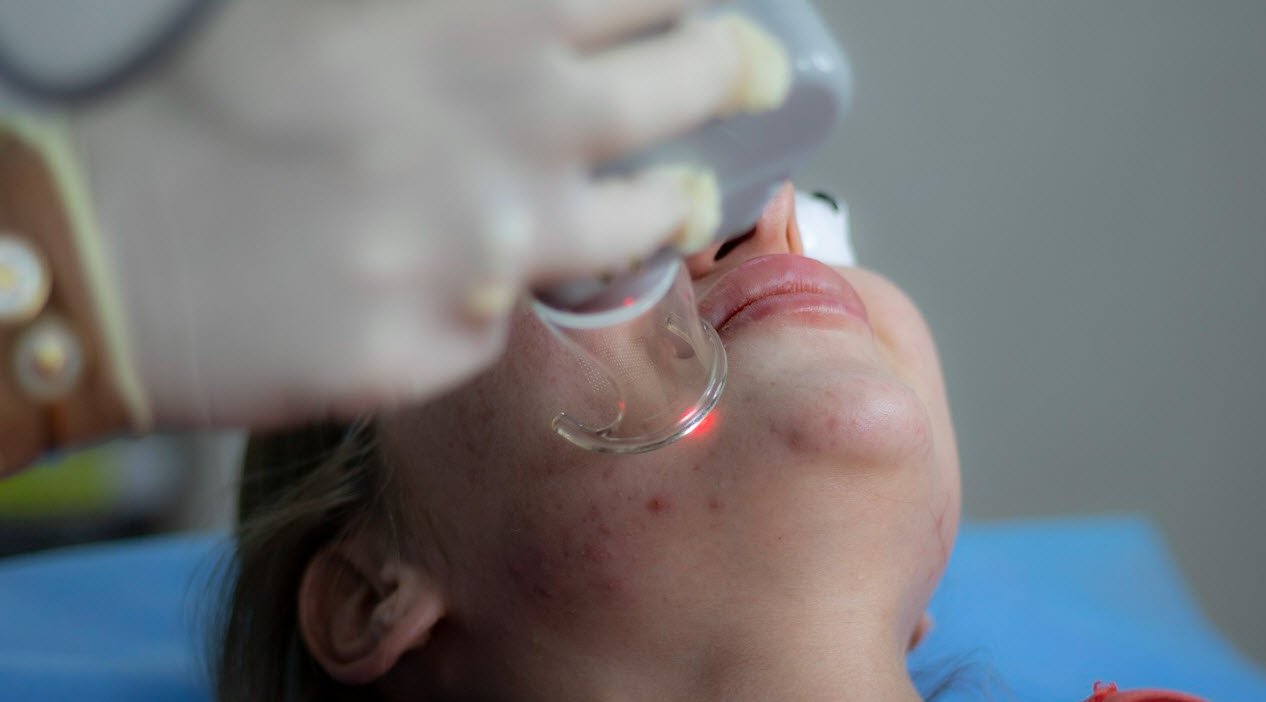
Dietary discipline is crucial for recovery. Foods high in protein, fat, and starch should be avoided. Avoid refined and processed foods, meats, sugar, strong tea or coffee, sauces, pickles, soft drinks, candy, ice cream, and foods made with white flour and sugar.
Niacin and vitamin A have both been used to treat acne with great success. Niacin, 100 mg three times per day, and significant doses of vitamin A, up to 1,50,000 units per day, may be included in the vitamin therapy, which shouldn’t last longer than one month. Vitamin E is essential for both healing previous scars and preventing acne-related scarring.
Another efficient nutritional treatment that appears to hold fresh potential for treating acne is zinc. In other situations, the outcomes have been rather spectacular. Therapeutic quantities of 50 mg of zinc should be taken three times per day. It can be gradually lowered after a discernible improvement.
Local Treatment
To open the pores and squeeze the waste, heated fomentation should be used as a local treatment. Then use cold water to rinse. Sun and air baths, which involve exposing the entire body to the sun and air, are very healthy. It has been discovered that externally applied healing packs composed of grated cucumber, milk-cooked oats, and creamed carrots are beneficial.
Acne can benefit from being treated with orange peel. The damaged areas should receive the peel, which has been thoroughly crushed with water on a piece of stone. Additionally effective at treating acne and pimples is the lemon. It needs to be used frequently.
Another efficient at-home treatment for acne and blackheads is a teaspoon of coriander juice combined with a pinch of turmeric powder. Every night before going to bed, wash your face properly and then apply the mixture.
Raw potato juice has been proven to be quite effective at removing skin imperfections. The potato’s high potassium, sulfur, phosphorus, and chlorine concentration is what causes this cleansing. However, because they are made up of living organic atoms in their raw condition, these elements are only useful when the potato is consumed. In all situations of acne, taking a hot Epsom salt bath twice a week will be quite helpful.
This bath is made by adding 1.5 kg of Epsom salt to 50 liters of water which is roughly 100°F in temperature. Until he starts to perspire freely, the patient should stay in the bath for 25 to 35 minutes. The patient should gradually cool off after the bath.

